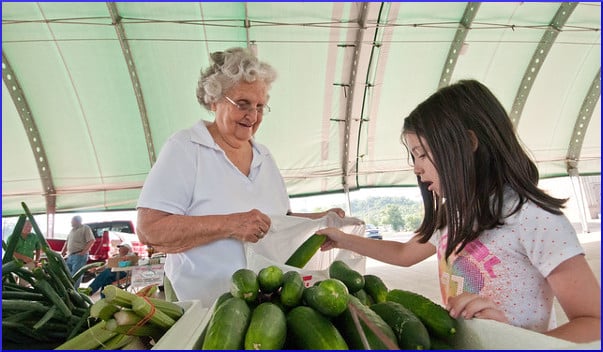
Sorry for the misleading title. Nobody, of course, tells all. Carol Hoernlein, who worked for half a dozen global corporations, says they are better than national security agencies at keeping secrets. Although she still has to honor the non-disclosure agreements she has signed, some things can be revealed in a general way.
For starters, she explains how members of her profession, Food Process Engineer, are the natural enemies of Food Scientists. Food Scientists always want to add some kind of ersatz potion they picked up a sample of at a trade show. Their mindset is all about experimenting with kinky molecules, rather than respecting the molecules they started with.
Hoernlein reminds consumers that a food label (along with other deficiencies it might possess) only tells us what was initially put into the cauldron, ignoring “the abuse, chemical, mechanical, or genetic, they subjected it to afterwards.” She says,
Every time a food scientist throws a new ingredient in to solve a problem, an engineer groans somewhere because the food scientist just threw a new curve ball into the mix, and probably lowered the taste and quality for a product when the fix could have been a simple, low tech tweak to time, temperature or order of steps.
When Hoernlein was a bright-eyed college student, the goal of food processing was to do as little of it as possible. Substances meant for human consumption were supposed to be freshly picked, harvested, hatched, or butchered — “fresh” being the operative word in all instances, because:
Everything else you do, is not an improvement on perfection, it is going to damage the nutrition or the flavor and aroma somehow. The trick was to minimize the damage. That was our job.
The author mentions a norm that probably has not changed much. While nursing students had to take a course in nutrition, future doctors only took a day of nutrition. At Rutgers, her alma mater, there was the Food Science Building, which somehow later ended up being retitled in homage to an international corporation, inspiring the comment,
I am glad I studied food science before college texts and buildings had brand names on them.
Meanwhile, Big Food became fascinated with devising genetically modified “frankenfoods.” As if that were not interference enough, the industry also demanded another group of tinkerers to come in and do weird things to the product.
After joining the world of work, Hoernlein observed a kind of race to the bottom. Her colleagues in research and development were increasingly people with degrees not in agricultural engineering, biology, or food science, but in chemical engineering.
“Creeping degradation”
Meanwhile, most of the industry, the public, and the politicians who were supposed to guard against wrongdoing, totally lost sight of the concept of adulteration, so let’s look up that word. To adulterate something is to corrupt, debase, or degrade its quality by adding an inferior substance. For instance, flavorful fats are removed, to be sold separately as boutique items, while cheap and tasteless fats are substituted in products destined for the general public.
As an example, the author offers the addition of palm oil or hydrogenated soybean oil to chocolate:
Years ago, that would have been considered adulteration — removing cocoa butter and adding shortening to cocoa powder. Conversely, while they can take good flavor fats out of a food to sell at a premium elsewhere, another company can buy those flavor compounds to make another undeserving food-like substance taste like something good.
In a time of war or famine, mixing food with some nutritionally inert but bulky filler might be the only merciful course. But the very great majority of food adulteration is motivated by greed. In present-day America, there is no excuse for adding sawdust to grated cheese.
Hoernlein says,
Many Americans are not eating real food, but a facsimile of it, an imitation. Food, undone, what I call Unfood, separated into ever smaller components and reassembled again to look like what the consumers are supposed to assume it is… [W]hat was once considered adulteration has become Standard Operating Procedure.
Your responses and feedback are welcome!
Source: “Creeping Degradation — The Demise of Good Taste,” MSGTruth.org, 02/04/19
Source: “The Real Problem with Wood Pulp in Cheese,” Eater.com, 01/23/17
Photo credit: U.S. Department of Agriculture on Visualhunt/CC BY

 FAQs and Media Requests:
FAQs and Media Requests: 











